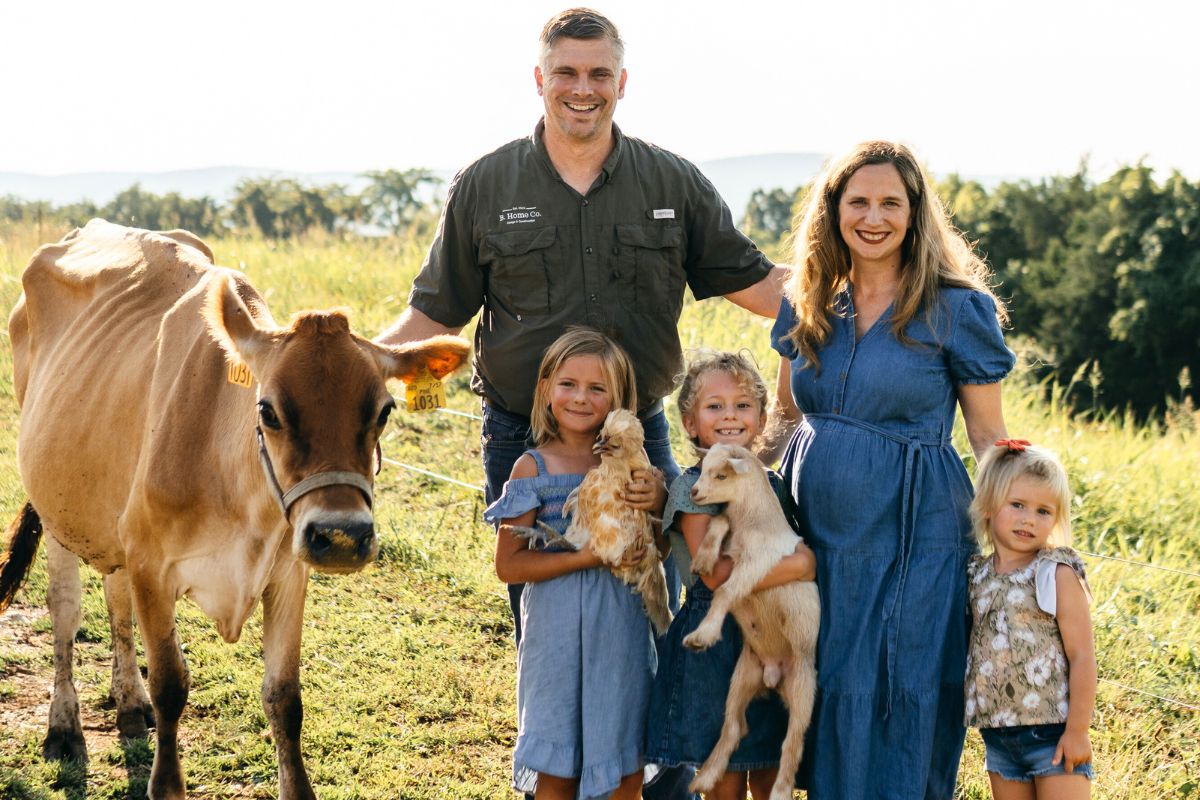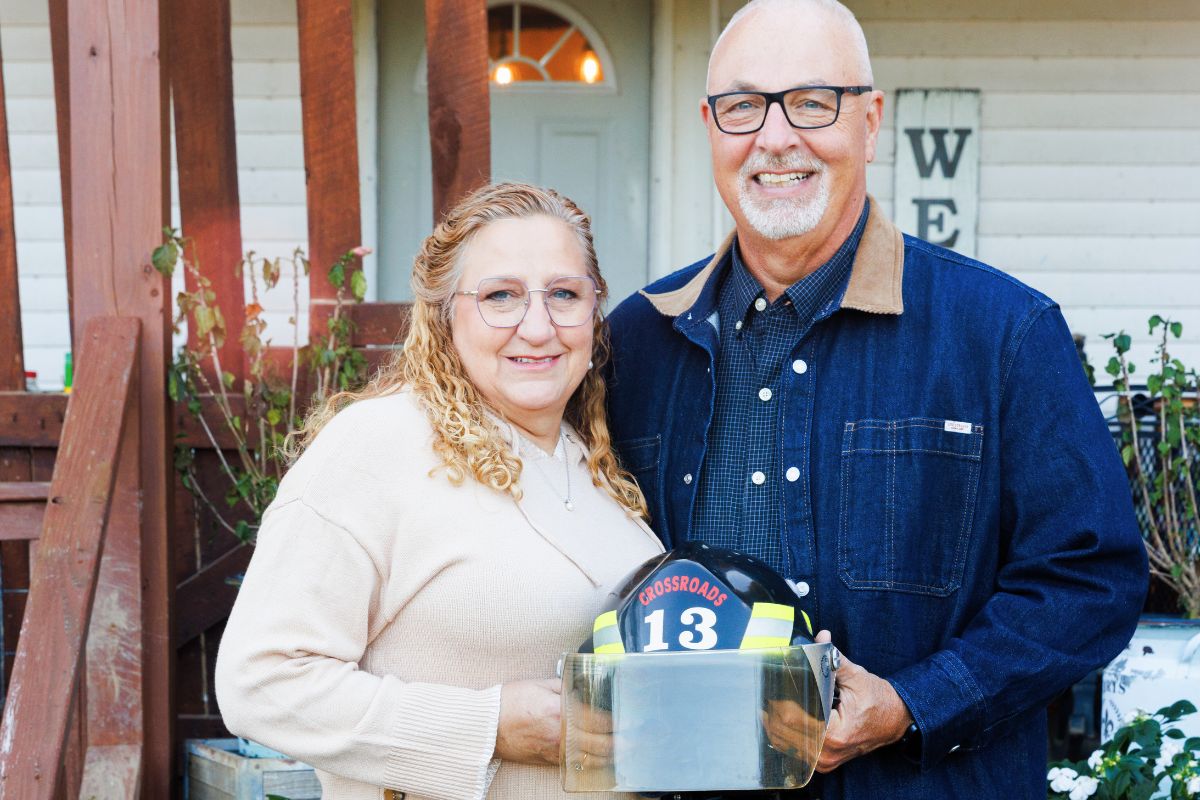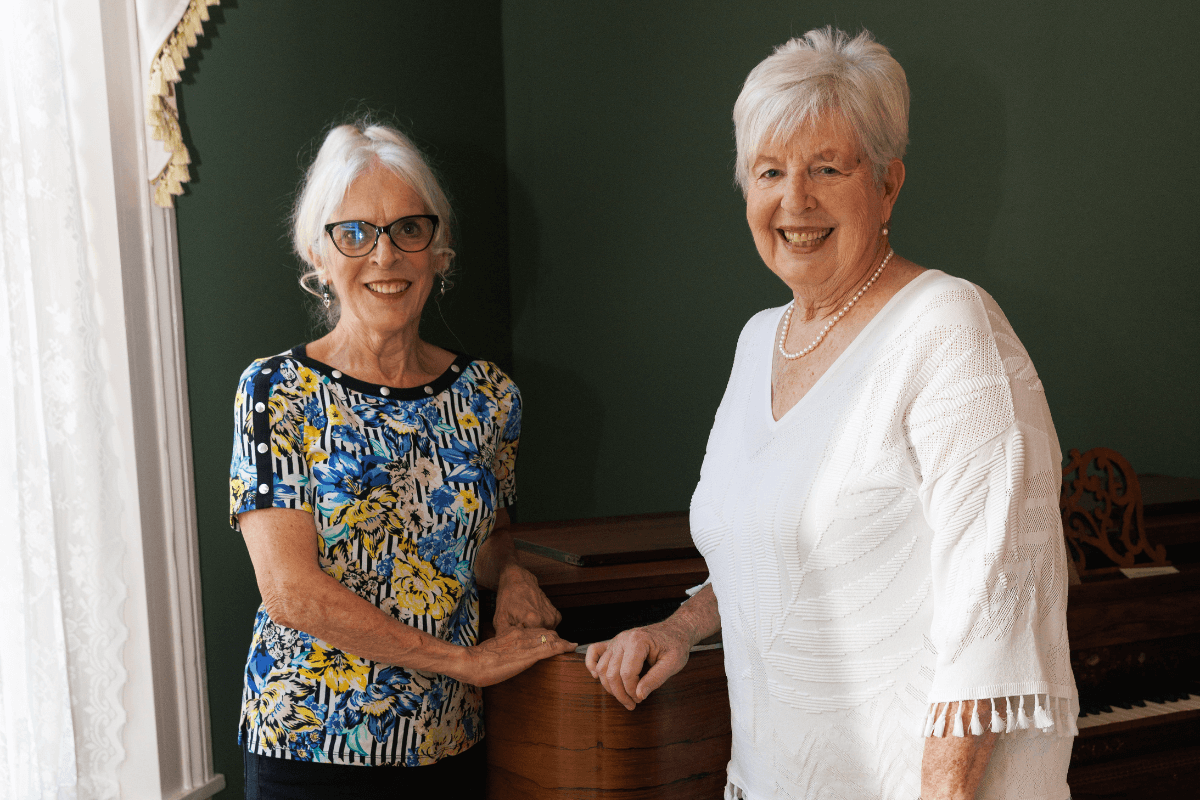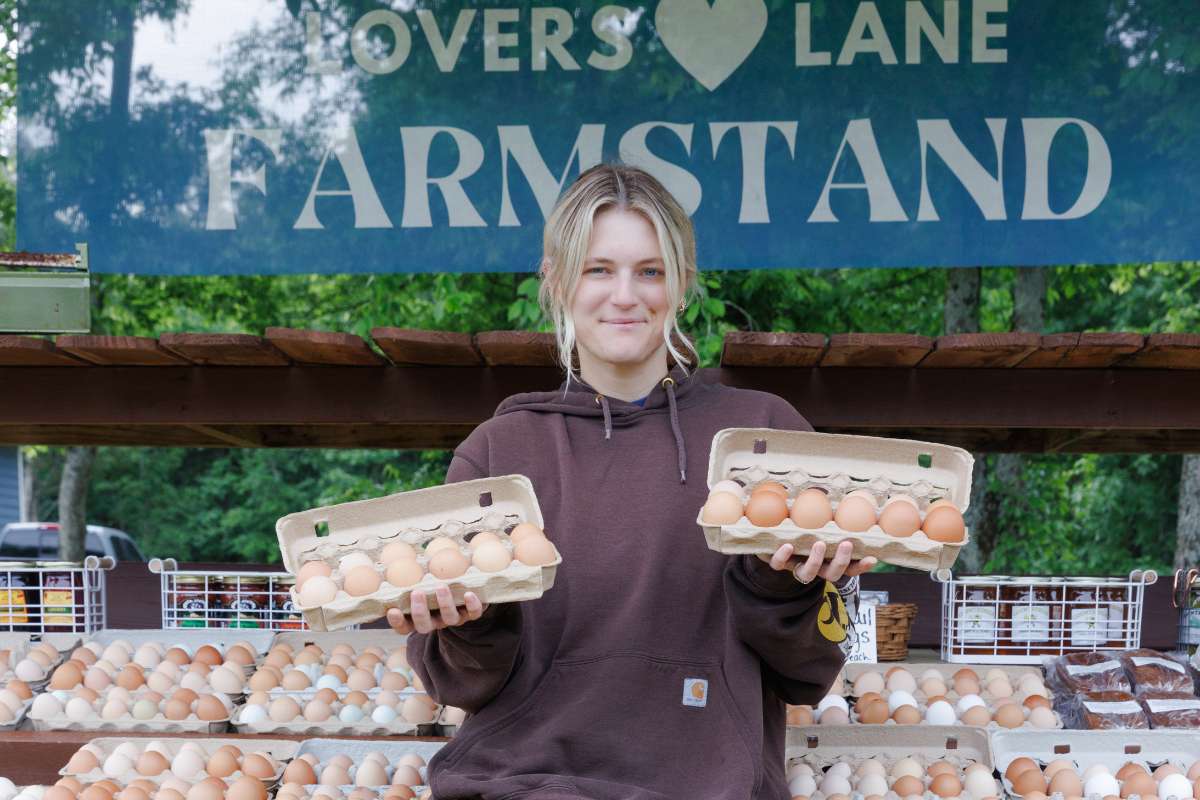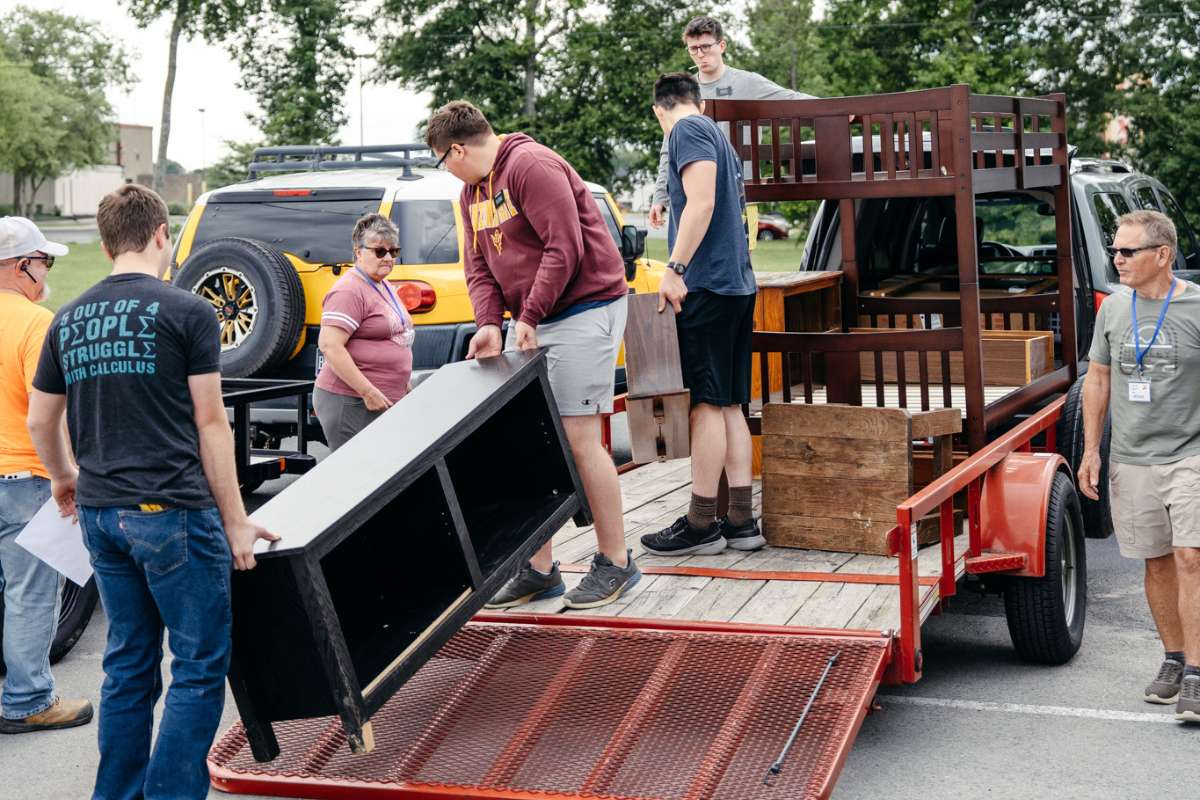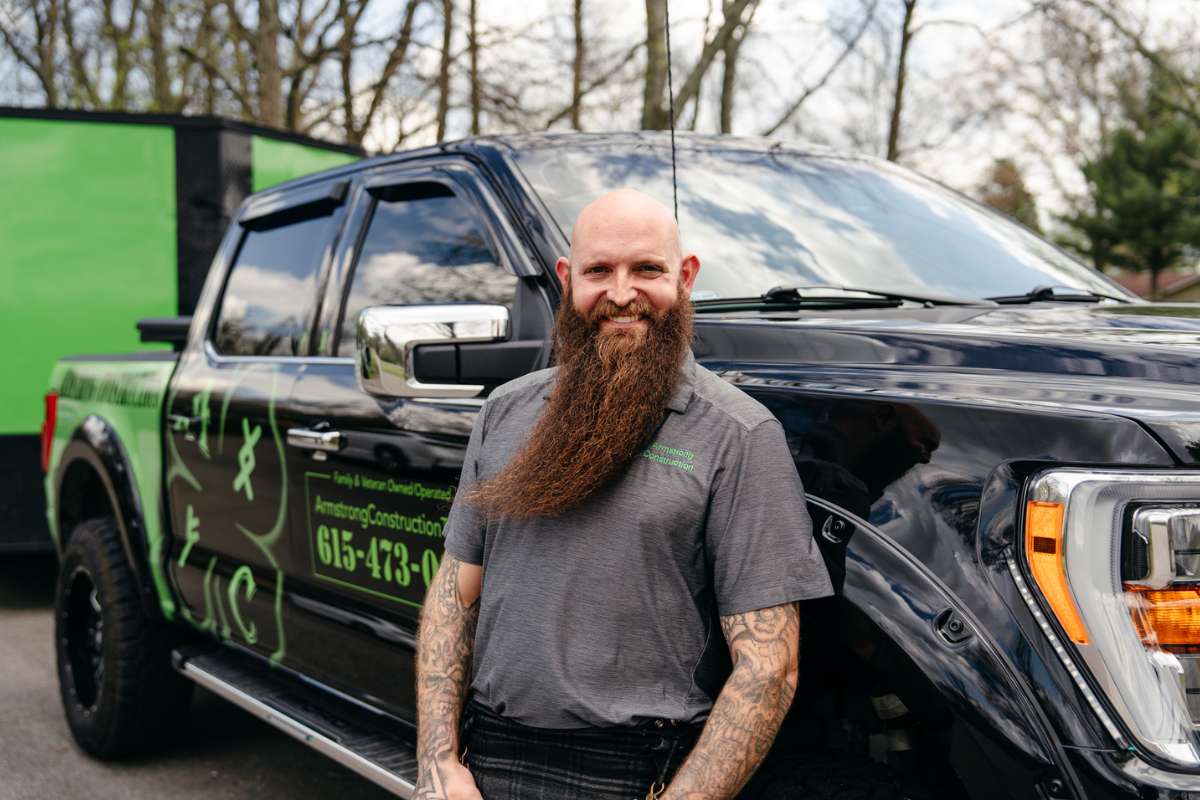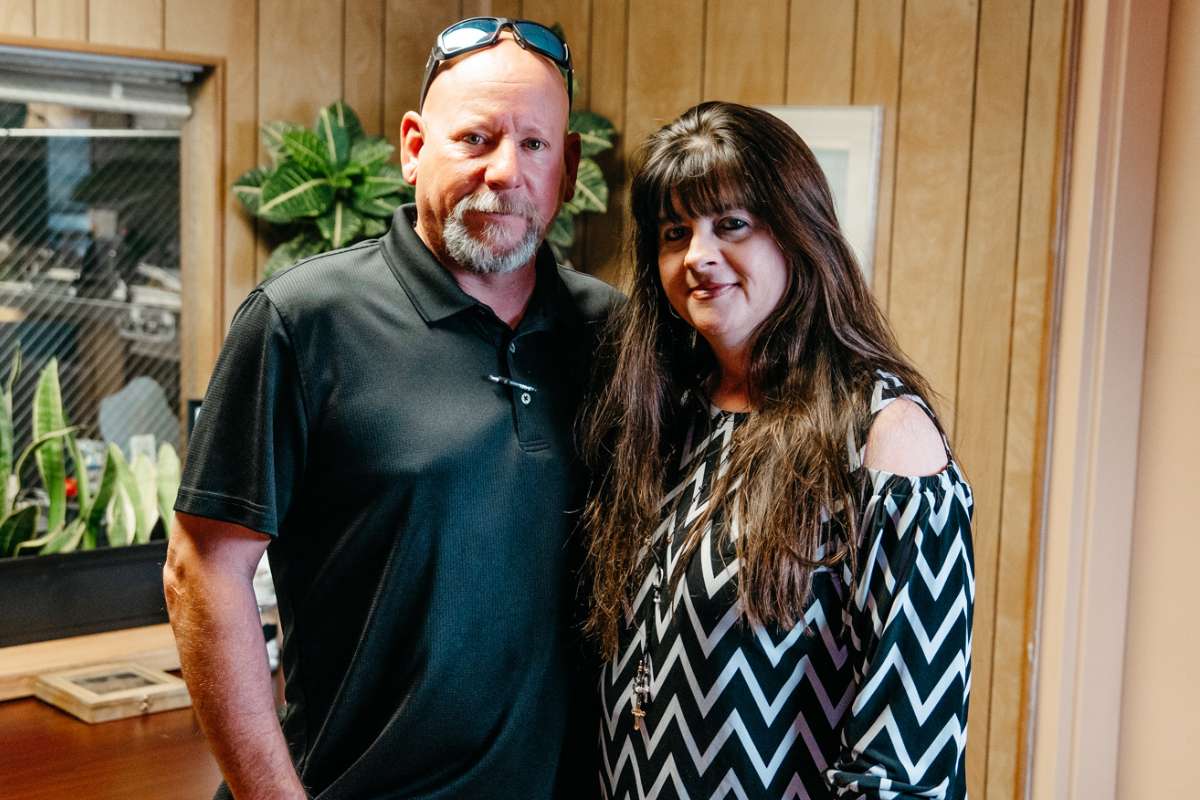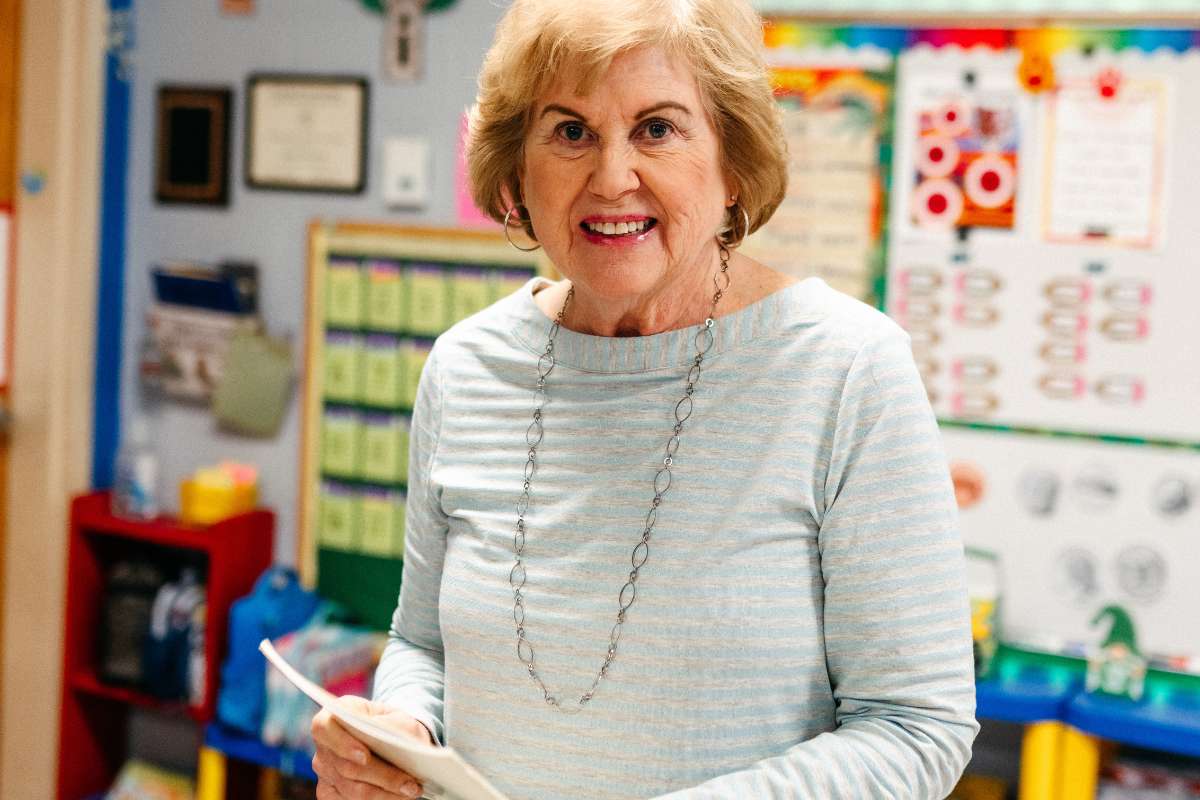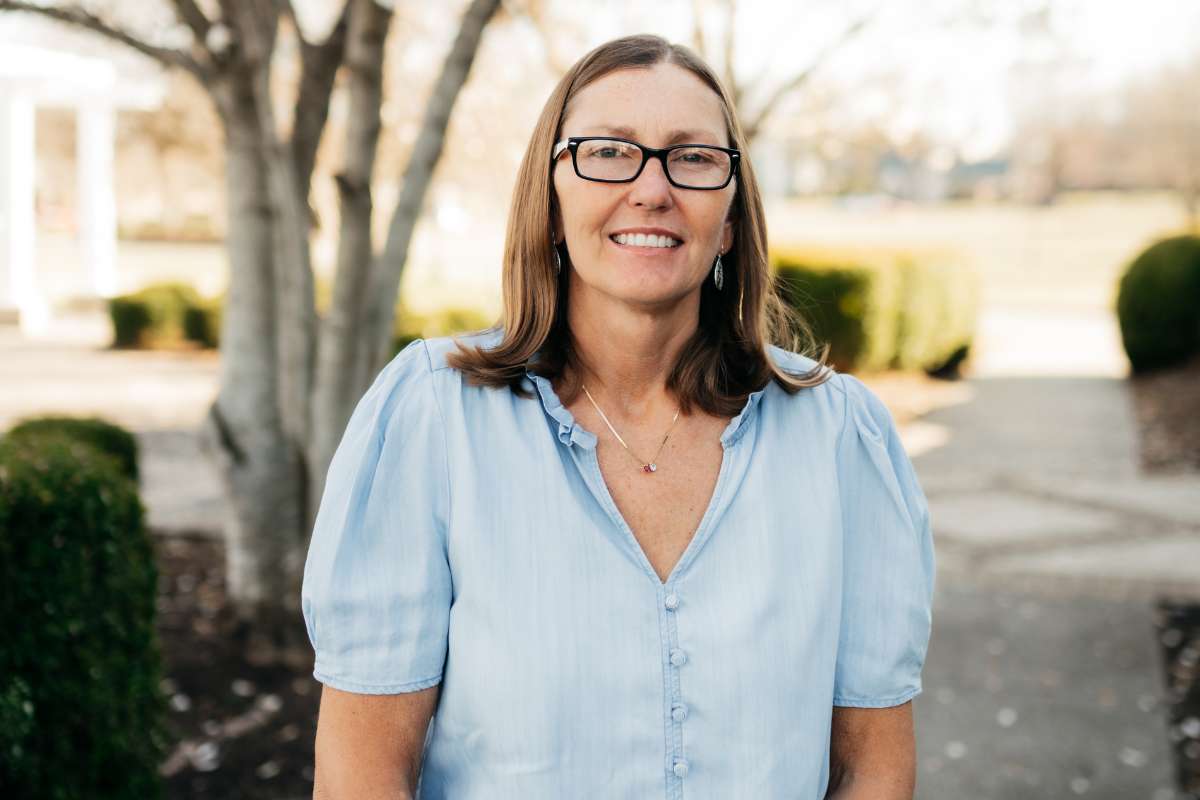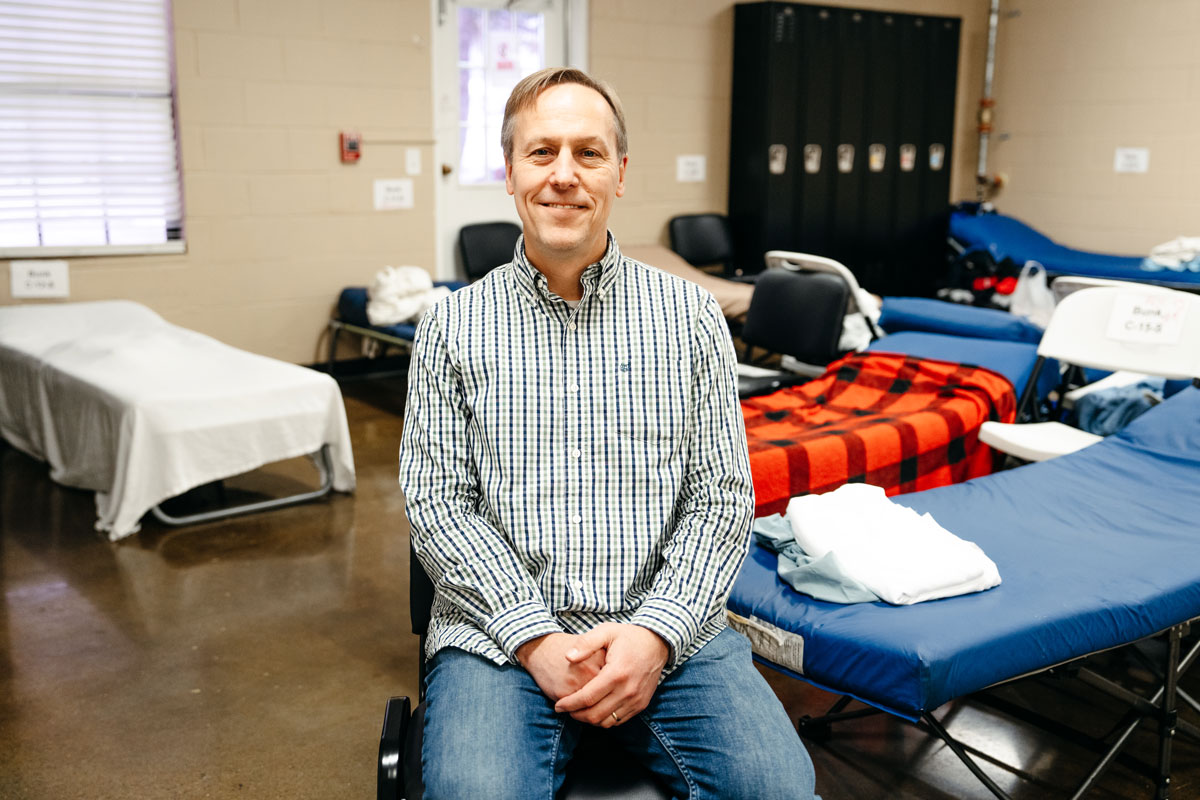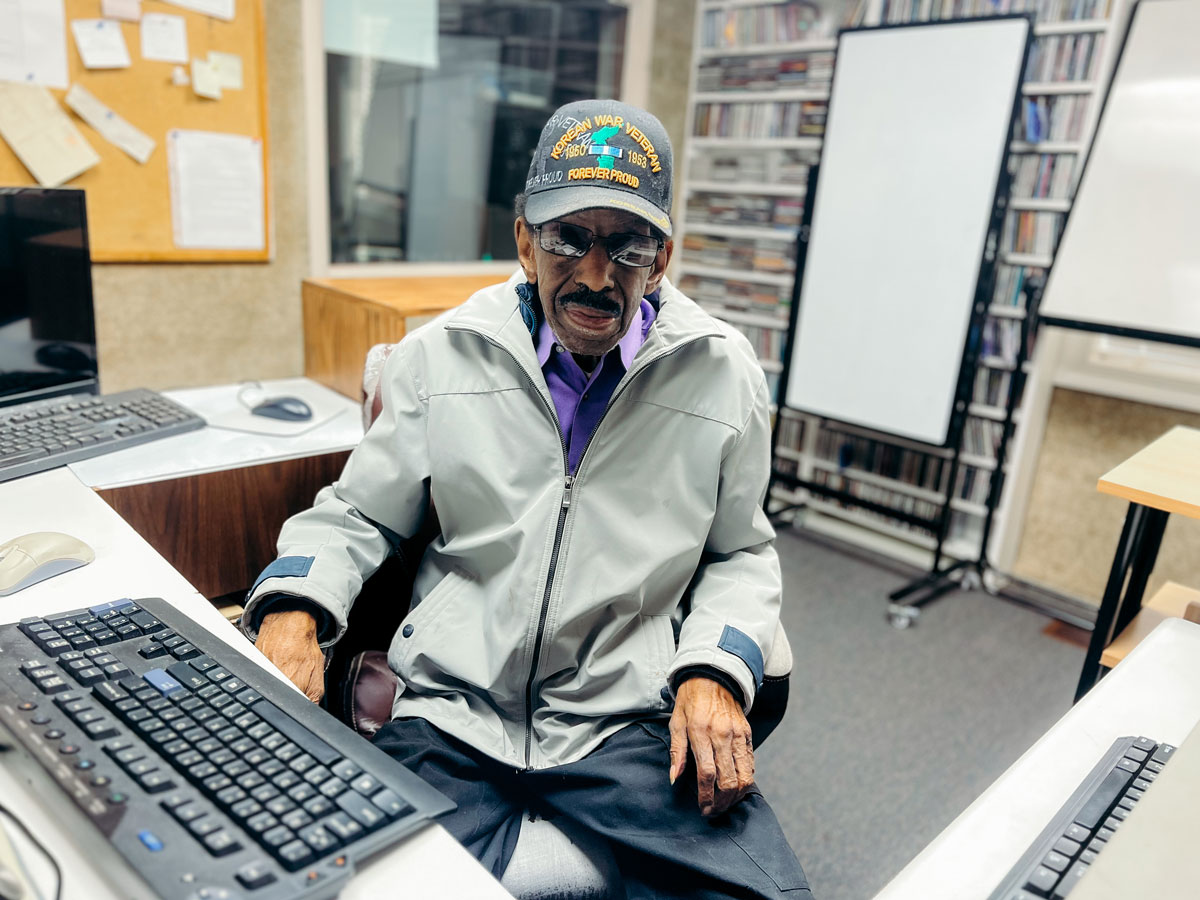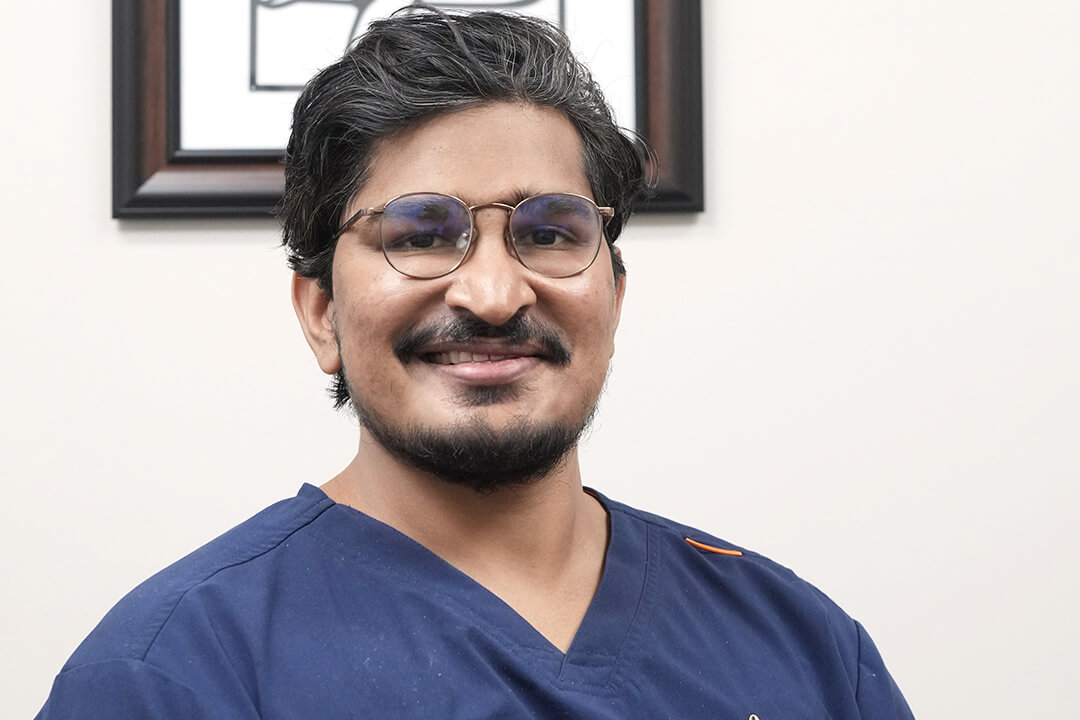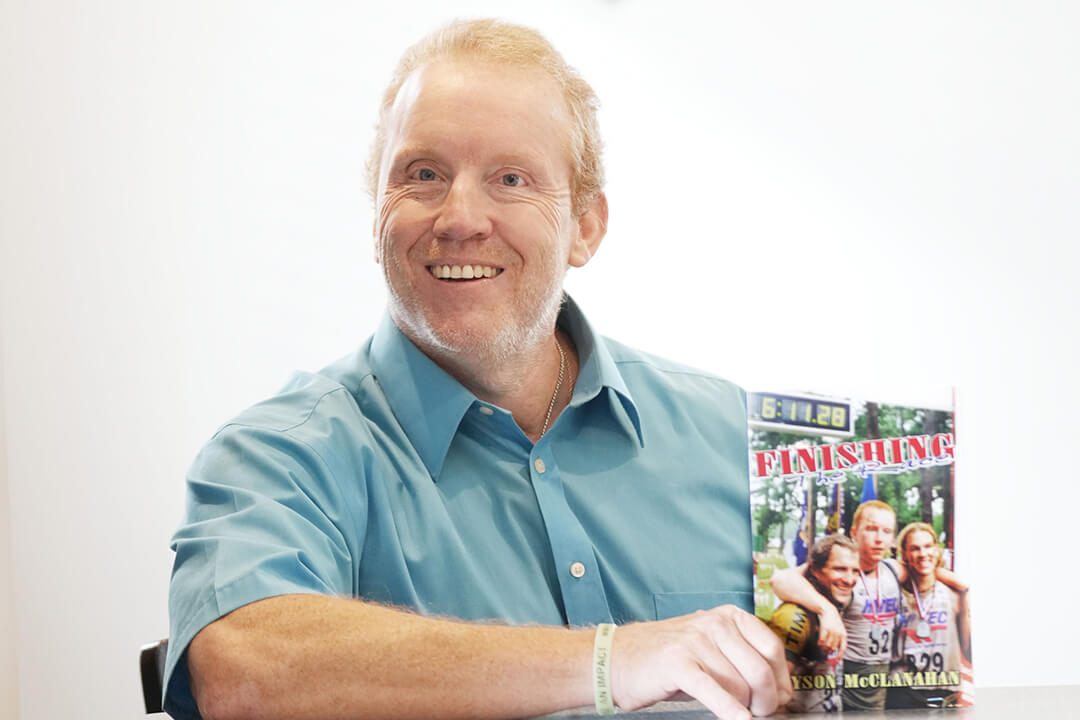A CLUSTER OF quail pecked eagerly at the feed while Ellie carefully checked their water. Inside their home, Kensley lined up freshly baked sourdough loaves on the counter to cool. The vibration of a mixer whirred softly in the background. It was a gift from someone who believed in dreams as much as eggs. Little feet pattered inside, chasing ideas as much as chickens.
This journey started in the most unexpected place: a simple drive past McDonald’s, where a question from the back seat would change everything.
“Mommy, are we poor?”
Six-year-old Kensley asked with honest, childlike curiosity. She and her sisters, Ellianna, 5, and EmmaJoan, 4, had just asked for Happy Meals — again. And once again, their mom, Brystol, had said no.
“No, we’re not poor,” Brystol told them. “But we don’t spend money just because we have it. We spend it with purpose.”
That one car ride turned into a mini business class with math problems and a dose of real-world logic. A Happy Meal costs $5, she explained. But what if, instead of buying food that’s gone in minutes, you used that $5 to grow something?
Kensley lit up with an idea: a quail. One that could lay an egg a day. That meant a dozen eggs to sell. That meant money earned. That meant long-term return and a lightbulb moment.
She chose the $5.

And just like that, what could’ve been another fast-food stop became the start of a family legacy in the making.
Today, Kensley runs a growing egg business called Ken’s Hens, and she’s already moved into phase two: baking. She started a gluten-free sourdough bakery called Ken’s Hens & Oven Friends, reinvesting her egg profits to buy supplies.
When someone in the community heard about her goal and gifted her a KitchenAid mixer, she used the money to buy a bottle calf because meat, like eggs, is sellable. Once again, her money started working for her.
Now 7 years old, Kensley attends local Women in Business meetings with her mom and sisters. She often shows up with her baked goods in hand and a notebook full of questions for the adult entrepreneurs in the room.
But Kensley isn’t the only one with big dreams on the farm.
Ellianna, or Ellie, found her joy in caring for goats. Her calm, nurturing nature makes her a natural caretaker. She tends to her herd each day, learning about breeding, milking, and eventually selling baby goats. Her business is still in its early stages, so she works part time for her big sister.
Then there’s EmmaJoan, or Jo, the youngest of the trio and the most whimsical. From the start, she declared she wanted cows both for milk and ice cream. She now helps raise the family’s milk cow, Dolly, and dreams of future flavors and farm-to-table treats.
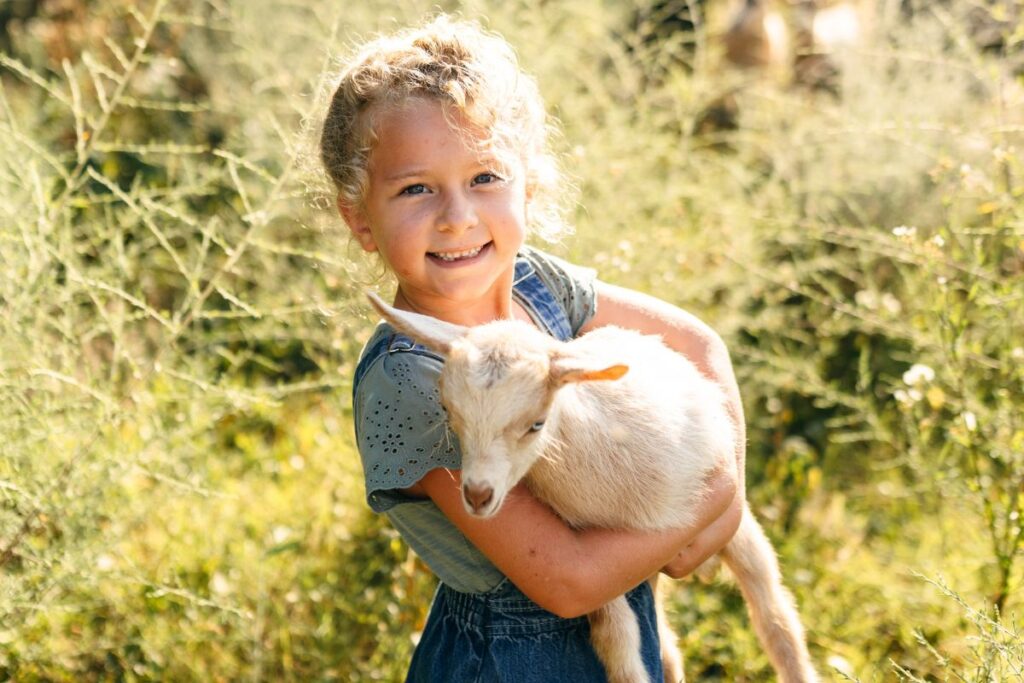
Together, the sisters are learning animal care, counting change, and thinking like business owners.
They help with pricing, saving, and setting goals. While Brystol and her husband, Philip, guide them through the big decisions, they’re careful to let the girls feel the responsibility and pride of their own choices.
Jo and Ellie used their business draws around the Fourth of July to buy festive dresses. Kensley saved hers. She already had a dress she liked and would rather invest the money in her calf. Each choice was different, and each taught something valuable.
This family knows well the importance of building things from the ground up. Philip ran a vegetable farm as a boy in New York. Brystol worked with horses in Florida and started a nonprofit camp for at-risk kids at just 18.
Later, the two launched B. Home Co., a design-build company they built from the ground up. They know how challenging it can be to learn business as you go and how powerful it is to pass those lessons down early.
In their home, success isn’t counted in dollars, but in the kind of character they’re building at the dinner table, in the barn, and out in the world.
Kensley recently shared that her long-term dream is to help people experiencing homelessness by creating safe spaces for healing, job training, and community. She wants her business to change the lives of those in her community.

The family often travels across the globe, lending a hand to help launch small businesses where resources are scarce and in communities navigating unsafe conditions, political pressure, and deep religious differences.
The girls go along, researching layover countries, trying new foods, and seeing firsthand the impact of service, faith, and the meaning of belonging to something bigger.
Back home, their days consist of muddy boots, sourdough starters, and morning chores. But in between the structure of farm life, there’s room for joy. Chore time often includes dancing in the kitchen or songs made up on the spot.
“We set goals as a family and celebrate the wins together — like going swimming after building a fence all day, family movie nights with homemade caramel popcorn, or a trip to the zoo after completing consistent chores for a set time,” said Brystol.
Life lessons are intertwined in daily life.
“What we hope our daughters remember most about this season of life isn’t just the animals they raised, the businesses they started, or the farm adventures and late-night projects — we hope they remember the togetherness,” said Brystol.
And maybe that’s the real legacy — three little girls chasing chickens and big dreams, raised to believe that purpose is better than profit and that the best kind of wealth is a life built with intention, hands in the dirt, and hearts wide open. GN

